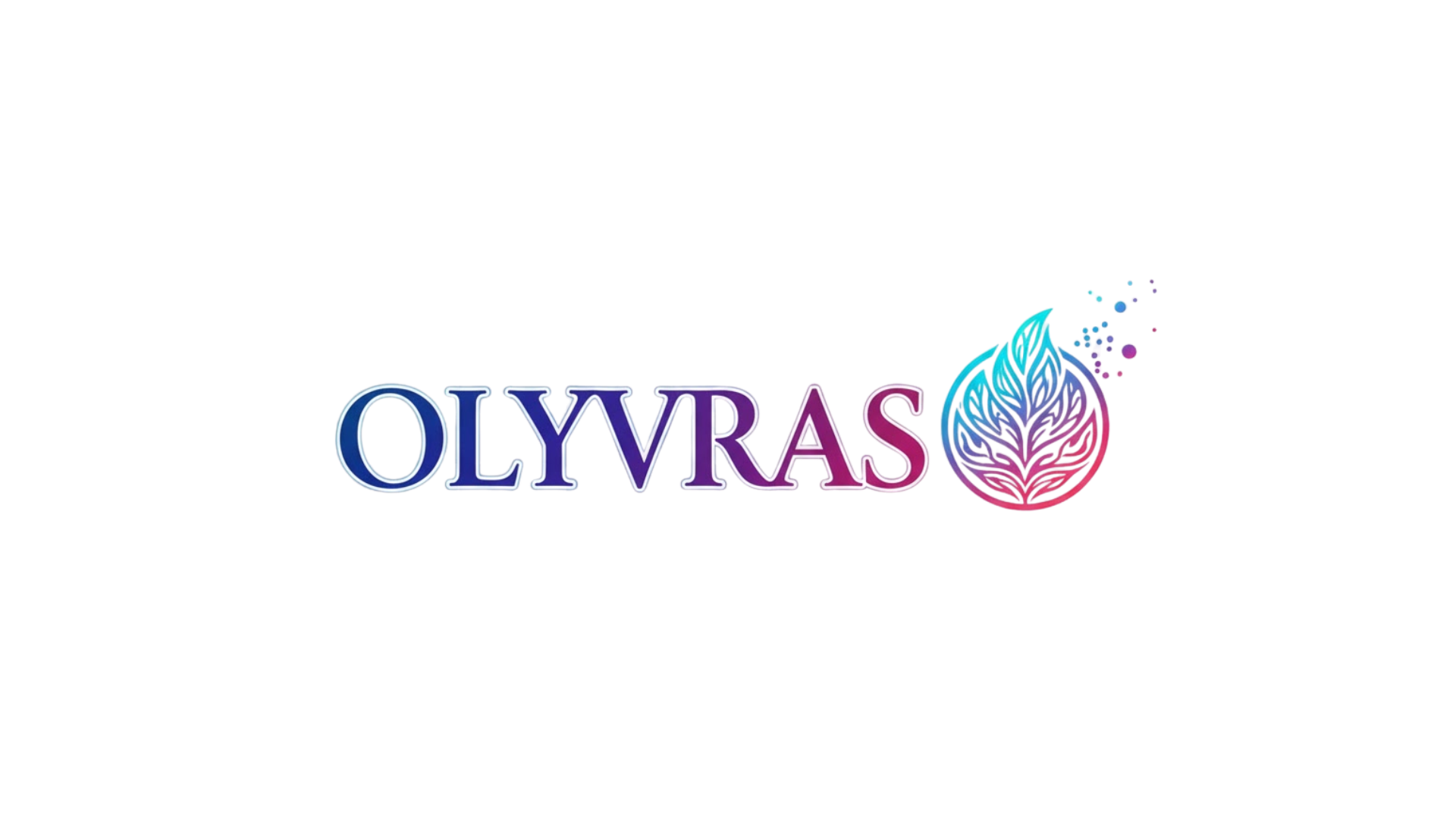In today’s interconnected marketplace, global brands face unprecedented scrutiny over their ethical practices, making trust the cornerstone of sustainable business success.
🌍 The New Reality of Global Brand Accountability
The digital age has transformed how consumers interact with brands. Social media, instant communication, and global connectivity mean that a brand’s misstep in one corner of the world can trigger worldwide backlash within hours. This reality has elevated ethical considerations from peripheral concerns to central business imperatives.
Modern consumers don’t just buy products—they invest in brands that reflect their values. Research consistently shows that younger generations, particularly Millennials and Gen Z, actively choose brands based on ethical considerations. They investigate supply chains, question labor practices, and demand transparency in ways previous generations never did.
This shift represents more than a passing trend. It signals a fundamental transformation in the relationship between brands and consumers, where trust must be earned continuously through consistent ethical behavior across all markets and touchpoints.
Understanding the Ethical Pillars of Global Branding
Building trust in the global arena requires brands to navigate multiple ethical dimensions simultaneously. These pillars form the foundation of credible international brand presence.
Cultural Sensitivity and Respect
Global brands operate across diverse cultural landscapes, each with unique values, traditions, and sensitivities. What works in one market may offend in another. Successful brands invest heavily in understanding local contexts, adapting their messaging and practices accordingly without compromising core values.
Pepsi’s 2017 advertisement featuring Kendall Jenner serves as a cautionary tale. The ad, which appeared to trivialize social justice movements, sparked immediate global controversy. The backlash demonstrated how tone-deaf marketing can damage brand reputation regardless of intentions. Cultural sensitivity requires ongoing education, local partnerships, and genuine respect for diverse perspectives.
Transparency in Operations and Communications
Modern consumers demand visibility into how products are made, sourced, and delivered. Transparency builds trust by demonstrating accountability and allowing stakeholders to make informed decisions.
Leading brands now publish detailed sustainability reports, disclose supply chain information, and openly acknowledge challenges they face in meeting ethical standards. This honesty, even when revealing imperfections, strengthens credibility more than polished corporate rhetoric that rings hollow.
Environmental Stewardship
Climate change and environmental degradation have elevated ecological responsibility to non-negotiable status. Brands that ignore environmental impacts face reputational damage and potential regulatory consequences across global markets.
Consumers increasingly favor brands demonstrating genuine commitment to sustainability—not through greenwashing, but through measurable actions like reducing carbon footprints, eliminating single-use plastics, and investing in renewable resources.
⚖️ Navigating Complex Ethical Dilemmas Across Borders
Global brands regularly encounter situations where ethical standards conflict between markets. Labor practices acceptable in some regions may violate expectations elsewhere. Privacy standards vary dramatically across jurisdictions. Navigating these complexities requires principled frameworks rather than opportunistic flexibility.
The High Road Approach
Industry leaders increasingly adopt a “highest standard everywhere” philosophy. Rather than defaulting to minimum local requirements, they implement their most stringent ethical standards globally. This approach simplifies operations, reduces risk, and builds consistent brand identity.
Apple, despite criticism on various fronts, maintains relatively consistent labor and environmental standards across its global supply chain, often exceeding local requirements. This consistency reinforces brand identity and reduces vulnerability to ethical inconsistencies being exposed and exploited.
When Standards Genuinely Differ
Some variations reflect legitimate cultural differences rather than ethical compromises. Marketing approaches, product formulations, and business practices may appropriately vary to respect local preferences and traditions. The key distinction lies between adaptation that honors diversity and exploitation that compromises fundamental human rights or environmental protections.
McDonald’s menu variations across countries demonstrate respectful adaptation—offering vegetarian options in India, halal choices in Muslim-majority nations, and local specialties worldwide. These adaptations honor cultural preferences without compromising food safety, worker treatment, or other core ethical standards.
🤝 Building Authentic Stakeholder Relationships
Trust emerges from genuine relationships rather than transactional interactions. Global brands must cultivate connections with diverse stakeholder groups across their operational footprint.
Employee Engagement and Fair Treatment
Employees represent a brand’s first stakeholder circle. How companies treat workers directly impacts external reputation and internal culture. Fair wages, safe conditions, growth opportunities, and respectful treatment aren’t just ethical imperatives—they’re strategic advantages.
Costco’s reputation for treating employees well, including above-industry wages and comprehensive benefits, contributes significantly to customer loyalty and positive brand perception. This demonstrates how internal ethics translate to external trust.
Community Investment and Local Partnership
Global brands achieve sustainable success by becoming valued community members rather than extractive outsiders. This requires genuine investment in local development, partnerships with local suppliers, and commitment to leaving communities better than found.
Unilever’s Sustainable Living Plan exemplifies this approach, focusing on improving health and well-being for over a billion people while reducing environmental footprint. By tying business success to community benefit, the company builds durable trust across diverse markets.
Consumer Dialogue and Responsiveness
Social media has transformed brand-consumer relationships from one-way broadcasts to ongoing conversations. Brands that listen, respond authentically, and demonstrate willingness to evolve based on feedback build stronger trust than those maintaining rigid corporate postures.
When consumers raised concerns about plastic waste, numerous brands responded by committing to packaging changes. Those who engaged transparently about challenges and timelines maintained trust even during transition periods, while those dismissing concerns or making empty promises faced backlash.
📊 Measuring and Communicating Ethical Performance
What gets measured gets managed. Establishing clear ethical metrics allows brands to track progress, identify gaps, and communicate accountability to stakeholders.
Key Performance Indicators for Ethical Branding
Leading organizations track metrics including carbon emissions, water usage, waste reduction, supply chain audits, diversity statistics, wage equity, and community investment. These quantifiable measures provide concrete evidence of commitment beyond marketing rhetoric.
| Ethical Dimension | Sample Metrics | Reporting Frequency |
|---|---|---|
| Environmental Impact | Carbon footprint, renewable energy percentage, waste diversion rate | Quarterly/Annual |
| Labor Practices | Wage ratios, safety incidents, employee turnover, diversity percentages | Annual |
| Supply Chain Ethics | Supplier audit scores, fair trade percentages, traceability rates | Annual |
| Community Investment | Charitable contributions, volunteer hours, local supplier spending | Annual |
Authentic Communication Without Virtue Signaling
Consumers distinguish between authentic ethical commitment and performative virtue signaling. Effective communication focuses on actions and results rather than aspirational statements. It acknowledges challenges and setbacks alongside progress, demonstrating honesty that builds credibility.
Patagonia’s “Don’t Buy This Jacket” campaign exemplified authentic communication by urging consumers to consider environmental impact before purchasing. This counterintuitive message reinforced brand values and strengthened trust with environmentally conscious consumers.
🛡️ Crisis Management and Ethical Recovery
Even well-intentioned brands occasionally face ethical controversies. How organizations respond to such crises significantly impacts long-term trust. Swift acknowledgment, genuine accountability, and concrete corrective action separate leaders from laggards.
The Anatomy of Effective Ethical Recovery
When Nike faced sustained criticism over sweatshop conditions in the 1990s, initial defensive responses amplified damage. The company eventually pivoted to transparency, implementing rigorous monitoring systems and publishing factory lists. This transformation, though imperfect, demonstrated serious commitment and helped rebuild trust over time.
Effective recovery requires several elements: immediate acknowledgment without deflection, thorough investigation, transparent communication about findings, concrete remediation steps, and ongoing accountability reporting. Organizations that follow this path typically emerge with stronger ethical infrastructure than before the crisis.
Learning from Failures
Ethical stumbles, when addressed properly, can become opportunities for organizational learning and strengthened practices. Brands that institutionalize lessons learned—updating policies, training programs, and monitoring systems—demonstrate commitment to continuous improvement.
🚀 Technology’s Double-Edged Ethical Impact
Digital technologies simultaneously enable greater transparency and pose new ethical challenges. Brands must navigate data privacy, algorithmic bias, digital manipulation, and technology addiction concerns while leveraging digital tools for positive impact.
Data Privacy and Consumer Trust
High-profile data breaches and privacy scandals have heightened consumer concern about personal information handling. Brands demonstrating respect for privacy through strong security, minimal data collection, and transparent usage policies build competitive advantages.
Apple’s positioning around privacy—”What happens on your iPhone stays on your iPhone”—differentiates the brand in markets increasingly concerned about data exploitation. This ethical stance simultaneously serves business strategy and consumer interests.
Algorithmic Accountability
As brands increasingly rely on algorithms for decisions ranging from pricing to content recommendations, questions of fairness and bias emerge. Responsible brands audit algorithms for discriminatory patterns and ensure human oversight for consequential decisions.
The Business Case for Ethical Global Branding
Beyond moral imperatives, robust ethical practices deliver tangible business benefits. These include enhanced reputation, customer loyalty, employee engagement, risk mitigation, regulatory compliance, and access to conscious consumer segments.
Financial Performance and Ethical Practices
Research increasingly demonstrates correlation between strong ethical practices and financial performance. While causation flows in complex directions, companies with solid ethical foundations tend to build durable competitive advantages that manifest in market valuation.
A study by the Harvard Business Review found that companies with strong sustainability practices outperformed peers financially over long time horizons. This suggests ethical practices contribute to resilient business models rather than representing costly obligations.
Attracting and Retaining Talent
Top talent increasingly seeks employers whose values align with their own. Brands known for ethical practices enjoy advantages in recruiting and retention, reducing costs while enhancing organizational capability. This proves particularly important for knowledge-intensive industries where human capital drives competitive advantage.
🌱 Embedding Ethics Into Organizational DNA
Sustainable ethical practices require integration into organizational culture rather than superficial compliance programs. This means ethics considerations in strategy development, performance evaluation, incentive structures, and daily decision-making at all levels.
Leadership Commitment and Modeling
Ethical culture flows from top leadership. When executives consistently demonstrate ethical behavior, prioritize stakeholder interests over short-term profits, and hold themselves accountable to stated values, organizations internalize these principles.
Paul Polman’s tenure as Unilever CEO exemplified this approach. By eliminating quarterly profit guidance and focusing on long-term sustainable value creation, he signaled priorities that shaped organizational behavior and decision-making throughout the company.
Training and Empowerment
Employees throughout organizations face ethical decisions daily. Effective brands invest in training that helps personnel recognize ethical dimensions, apply company values to specific situations, and feel empowered to raise concerns without fear of retaliation.
- Regular ethics training sessions for all employees
- Clear reporting mechanisms for ethical concerns
- Protection for whistleblowers who raise legitimate issues
- Recognition and rewards for ethical behavior
- Accountability consequences for ethical violations regardless of seniority
Looking Forward: The Evolving Ethical Landscape
Ethical expectations continue evolving as societal awareness grows and new challenges emerge. Brands committed to maintaining trust must remain vigilant, adaptive, and proactive rather than reactive.
Emerging issues including artificial intelligence ethics, circular economy principles, social justice considerations, mental health impacts, and digital wellbeing will increasingly shape stakeholder expectations. Forward-thinking brands already engage these topics, positioning themselves as ethical leaders rather than following minimum compliance standards.
The competitive landscape increasingly favors organizations that view ethics as strategic advantage rather than constraint. As transparency continues expanding and stakeholder expectations rise, brands building genuine ethical foundations today position themselves for sustainable success tomorrow.

💡 Transforming Challenge Into Opportunity
Navigating the ethical landscape of global branding presents complex challenges without simple solutions. Yet this complexity offers opportunities for differentiation, innovation, and authentic connection with stakeholders who increasingly demand more from brands they support.
Trust, once lost, proves difficult to rebuild. Brands that proactively invest in ethical practices, transparently communicate progress and challenges, genuinely engage stakeholders, and consistently align actions with stated values build reservoirs of goodwill that sustain them through inevitable difficulties.
The journey toward ethical excellence never reaches completion—it requires ongoing commitment, adaptation, and humility. But for global brands willing to embrace this challenge, the rewards extend far beyond risk mitigation to encompass enhanced reputation, stakeholder loyalty, employee engagement, and sustainable competitive advantage in an increasingly conscientious global marketplace.
As consumers worldwide become more informed and empowered, the brands that thrive will be those that recognize ethical integrity not as a burden to be managed but as a foundation for meaningful connection and enduring success. The ethical landscape may be complex, but the path forward remains clear: build trust through authentic, consistent, and transparent ethical behavior across every market, touchpoint, and stakeholder relationship.
Toni Santos is a global-policy researcher and ethical-innovation writer exploring how business, society and governance interconnect in the age of interdependence. Through his studies on corporate responsibility, fair trade economics and social impact strategies, Toni examines how equitable systems emerge from design, policy and shared vision. Passionate about systemic change, impact-driven leadership and transformative policy, Toni focuses on how global cooperation and meaningful economy can shift the scenario of globalization toward fairness and purpose. His work highlights the intersection of economics, ethics and innovation — guiding readers toward building structures that serve people and planet. Blending policy design, social strategy and ethical economy, Toni writes about the architecture of global systems — helping readers understand how responsibility, trade and impact intertwine in the world they inhabit. His work is a tribute to: The global commitment to equity, justice and shared prosperity The architecture of policy, business and social impact in a connected world The vision of globalization as cooperative, human-centred and regenerative Whether you are a strategist, policymaker or global thinker, Toni Santos invites you to explore ethical globalization — one policy, one model, one impact at a time.




